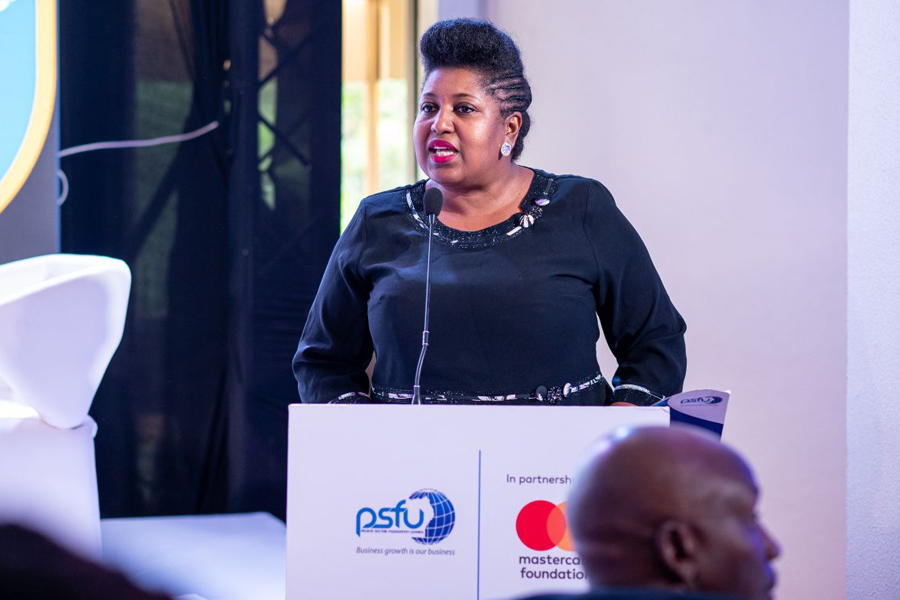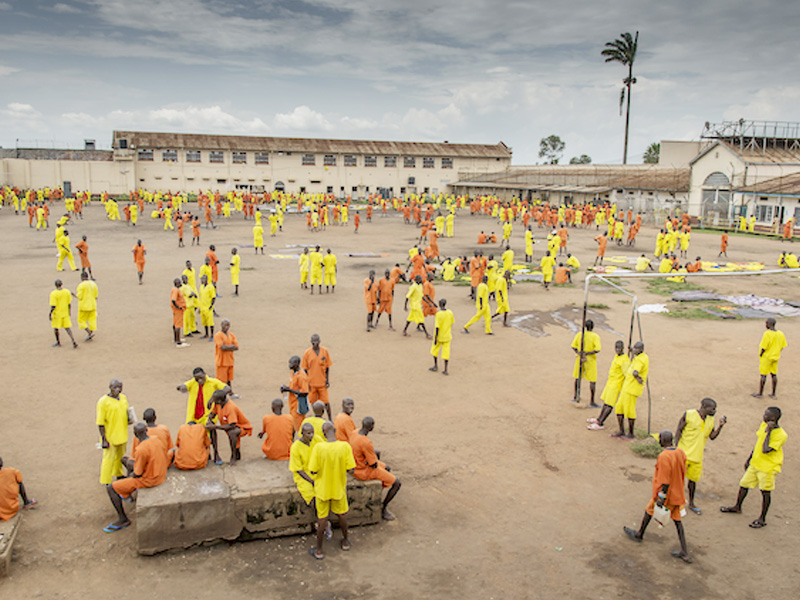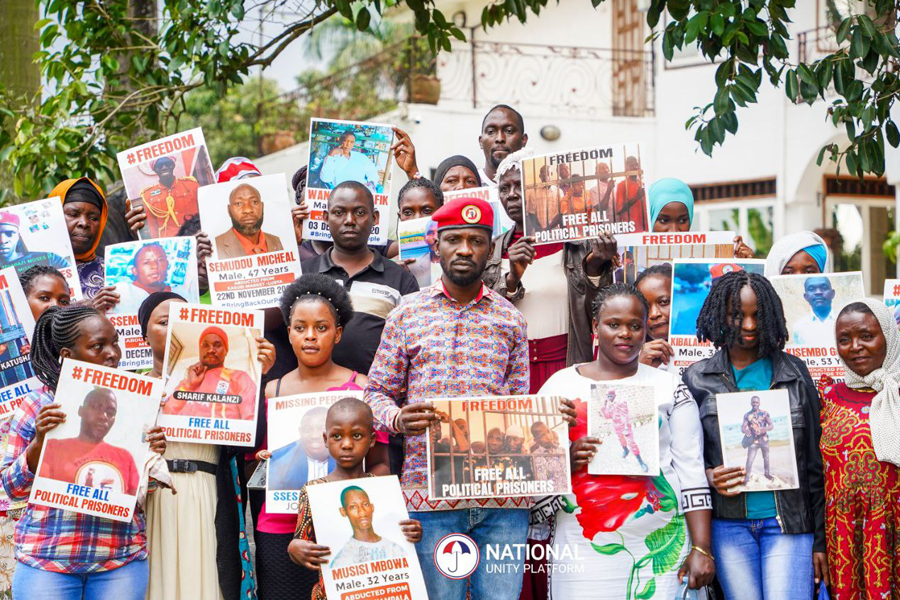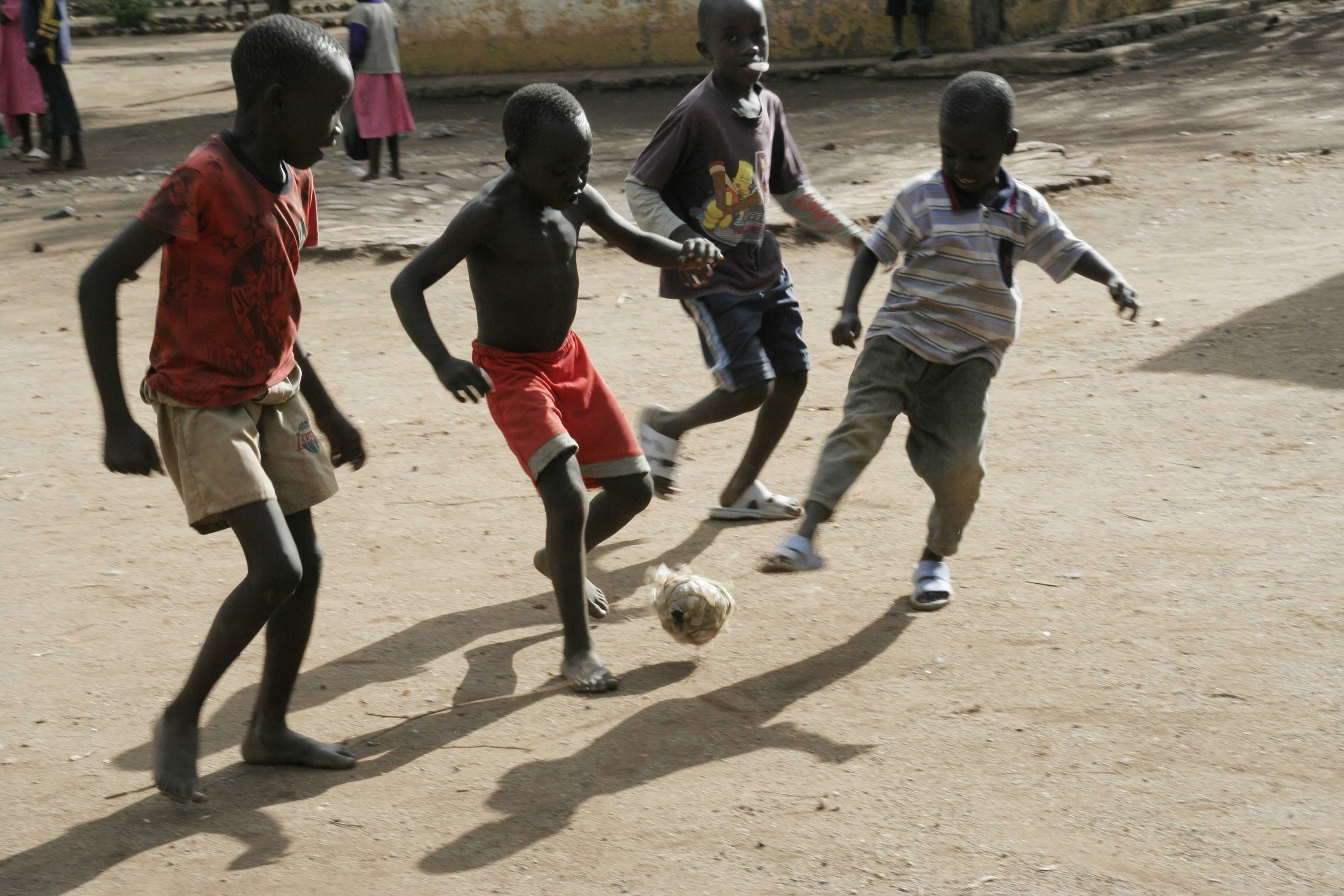Book Review: When Dreams Die
Ugandan spoken word poetry is characterized by four main rhetorical devices.
One, there’s antimetabole.
This is a repetition of the same words or phrases in reverse order. For example, "I know what I like, and I like what I know". Jason Ntaro is brilliant with this device.
Then there’s antithesis: Contrasting two opposite ideas in the same sentence or consecutive sentences like “patience is bitter, but it bears sweet fruit.
Commonly, asyndeton is deployed amongst Ugandan poets. Which is the omission of conjunctions such as “and” from a series of related phrases or clauses.
And anyone who has read Kagayi Ngobi’s works will recognize his excellent use of hyperbole or an exaggerated statement that makes a point but is not meant to be taken literally.
All Ugandan poets love to employ metaphor by comparing two things (that are not necessarily alike) by stating that one is the other.
In the poetry anthology “When Dreams Die”, Ronald Ssekajja uses these and every other tool in the poet’s toolkit to give you a sophisticated yet sombre poet ride.
“Dreams are the sweetest thoughts about that girl
Yes, she who melts your heart
And makes you feel like you are flying,”
He writes in the poem “Dreams”, the conjunction “and” introduces the antithetical elevation one feels when in love; even as one’s heart is being broken.
It is a feeling we can all relate to.
This poem is about dreams which are “shattered” into the debris of broken promise. A promise which bloomed in our hopes, only to be orphaned by our realities.
On page 12, the poem “Dilemma” states with clarion amplification:
“The tragedy of life lies in its uncertainty!
What awaits you
In your next job,
In the new career,
In a new relationship,
In a new place,
In a new personality;”
The poet takes our hand as we walk down the gilded path of possibility, only to fall by the wayside.
It is a tragic poem of choice between new and old in the ominous shadow of “dreams which die.”
Through this poem, Ssekajja unfurls poetic language contained in the latent interplay between the words used, regarded both as sense and as sound.
And, in the hidden meanings of each word, he casts a rhythmic spell over the reader.
One can hear him speaking to us through a juxtaposition of situations and realities inherent in his exquisite rendering of irony.
The poem “2019” was written in that year, but still holds relevance as the poet takes us down memory lane…in forward motion!
“We don’t trust,
We sleep with knives under the bed
With echoes warning
‘no one will love you’
And there is no safety in the supple cuddle of her breast
I need someone to speak to me today
To hold me away from the knives
Or the abyss of ever-inviting yellow thighs.
Please don’t get me a gun or the pills
It’s the year of our Lord 2019, and poetry heals.”
Again, the deployment of metaphor (knives) and hyperbole (the abyss of those thighs) is well estimated by a poet intent on using evocative phrases to make sure you see what he feels.
The “supple cuddle of her breast” is a misplaced, however. Do breasts cuddle or do they comfort as they beat with passion?
To cuddle is to hold someone in your arms with, say, a hug. Even if we stretch our imaginations towards breasts cuddling, the image doesn’t hold up to literary merit.
This is not a smooth finite clause in the sense that it fails to bring together a noun functioning as the subject with a fittingly dependent verb (finite verb).
In brief, subject and dependent verb do not go together.
“Comrade”, a poem on page 57, exhorts Ugandans to patriotism:
“We have forgotten the Pearl
We have forgotten our place of dwelling
We have forgotten our language and its diction
Hoodwinking and taking comfort in places
Whose title-deeds are never our own.”
The “Pearl” connotes the “Pearl of Africa”, which is what Uganda is known as, and the poet implies it has been sold as our rights to its title-deeds have vanished.
His use of the rhetorical device of anaphora (the repetition of a word or phrase at the beginning of sentences or clauses) adds punch and power to his exhortation.
It is one of the poems in this book which has no sudden twists in order to bring forth meaning by contrasts which speak to irony and antithesis.
While we can all agree that patriotism is a virtue and not a vice, we might not all agree that poetry should be as prosaic as this.
Although Ssekajja loves to employ evocative and metaphorical language to dress up an argument or feeling so that it might seem deeper than it really is, in this poem he changes tack.
While conveying his message, he includes in it nothing that will distract the reader’s pace as the words are very straightforward.
This could be likened to a form of prose variously known as the ‘the conceited style’, ‘the grand style’, ‘prose-poetry’ and ‘aesthetic prose’, the language is graceful but still relatively bland in the poetic scheme of things.
Maybe that’s the undertow of the heartbreaking poem, Tired of Being a Metaphor:
“Going in circles and circles
Watch years fly away in the sky
Leaving me bare-skin
Wishing that the truth would hurt less
As I run to measure the distance between us.
Wondering if this the nostalgia I will tell the children of
When all I do is cry in the toil of remembering.”
The poet clearly wants rise above the soaring feelings he has.
Feelings elevated by poetry, only to ensure his fall from the heights of passion is even more painful than it would’ve been without such heightened flights of poetic feeling.
Although this anthology is filled with hurt, there is the poet’s determination to beat the odds in the poem “Soldering On”.
“Stumbled on disillusionment
Kissed the ground
More than once
But still stagger through life
Soldering on.”
In its undertones, the poem reads like a benediction.
So we should all know, the poet seems to say, that even “When Dreams Die”, we can live. Thereby resurrecting those dreams towards the power of poetry.
In his book Ssekajja gives us pain, love and, most importantly, he gives us hope.













